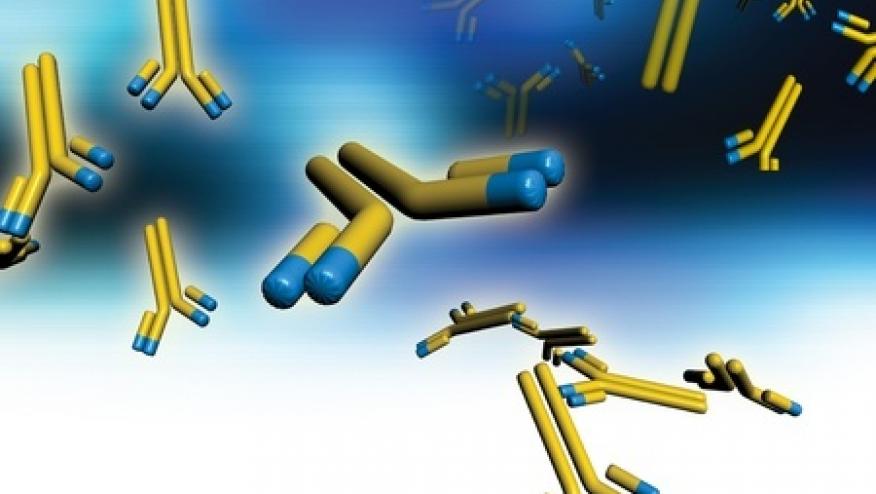Anti-Drug Antibodies Partly Explain Secondary TNF Inhibitor Failures Save

An observational study of patients with active rheumatoid arthritis (RA) or spondyloarthritis (SpA) experiencing secondary failure to TNF inhibitor (TNFi) therapy showed that (secondary) loss of efficacy to a TNFi was associated with anti-drug antibodies in less than 30% of patients.
Investigators analyzed and compared 570 patients treated with etanercept (ETN), infliximab (INF) or adalimumab (ADL). Compared with SpA (n = 294) patients, RA patients (n = 276) were more likely to be female (80 vs 39%), older (56 vs 48 years), on DMARDs (83 vs 47%) and had slightly longer disease control for longer (202 vs 170 weeks) before their secondary TNFi failure.
No anti-drug antibodies were found with ETN, but were seen INF (27.1%) and ADA (29.0%) treated patients; 81% of these had no detectable serum drug levels.
While significiantly more SpA (31.3%) patients had anti-INF antibodies than RA (21.1%; P = 0.014), there were few patients patients developing anti-drug antibodies while on concomitant DMARDs (16.5%) compared to those on on monotherapy (26.4%; P < 0.05).
While these data show the potential impact of anti-drug antibodies in the loss of TNFi, efficacy, it appears to be a minor role (<30% of patients) and is not otherwise explained by concomitant DMARD use or the disorder under treatment. Secondarly anti-TNF failure appears to have multiple etiologies.










If you are a health practitioner, you may Login/Register to comment.
Due to the nature of these comment forums, only health practitioners are allowed to comment at this time.